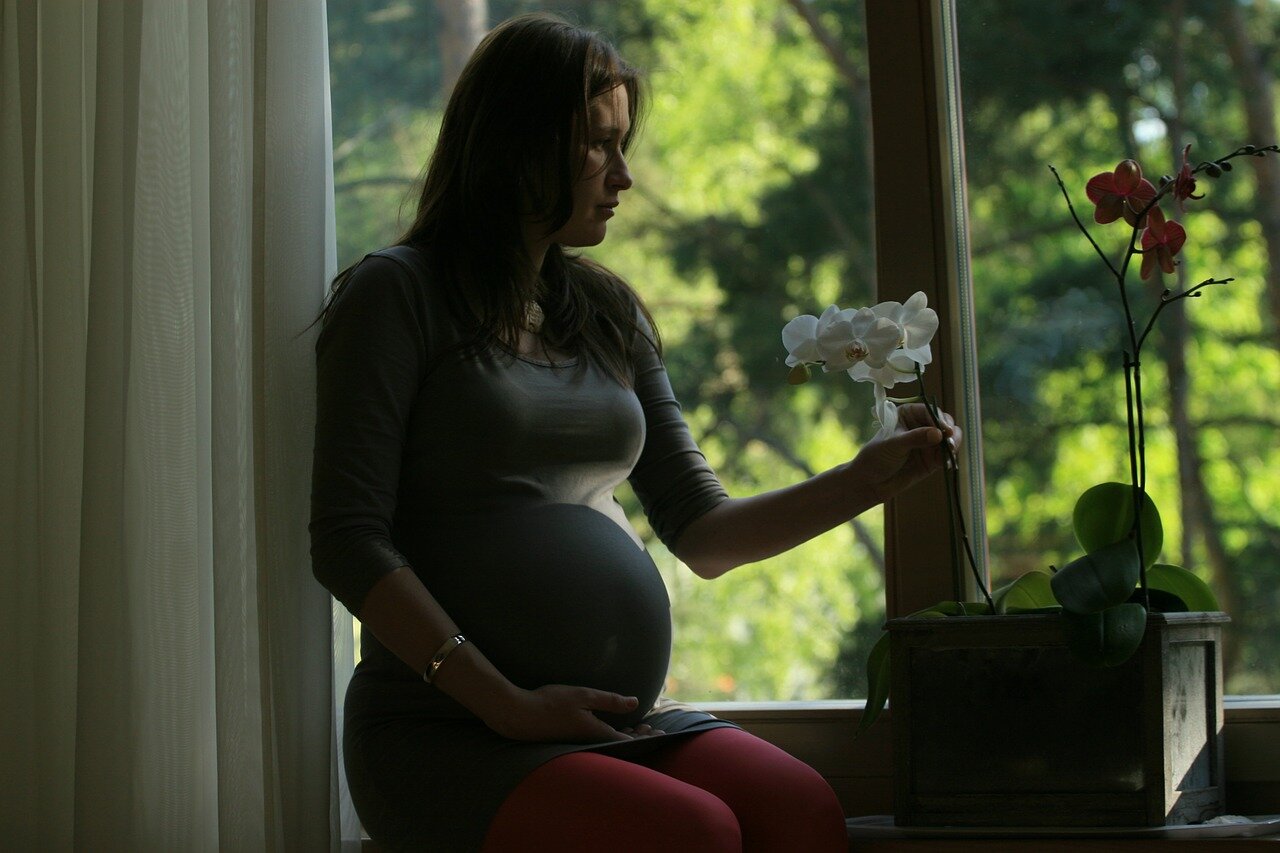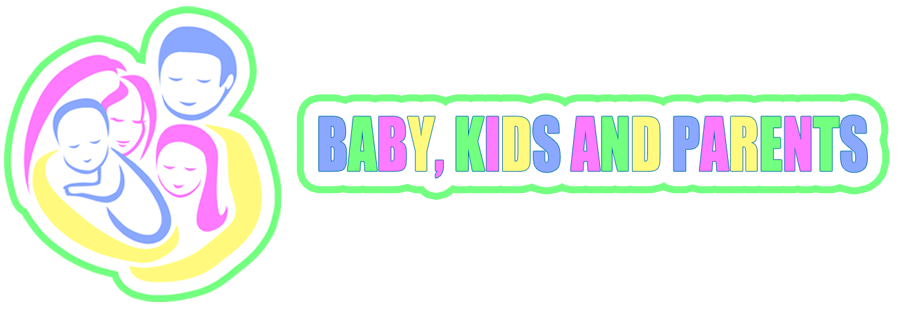
According to the experience of gynecologists, urinary tract infections are the most common infections in pregnancy, so regular checks in this period required. Urinary tract infections are more common in women, primarily due to the structure of the body, namely a shorter urinary tract, which allows easier spreading of the infection.
The main causes of urinary tract infections are usually bacteria, which in small quantities live naturally in the intestines and genitourinary tract (E. coli, Proteus, Klebsiella, Enterococci, and Pseudomonas). However, the infection may be caused by sexually transmitted bacteria chlamydia, ureaplasma, and mycoplasma, and streptococcus.
The causes of urinary tract infections
The most common cause is the bacteria Escherichia coli (85 to 90 percent of cases). Besides being a natural inhabitant of the intestinal flora, the bacteria is widespread in the environment. It is important to know that sometimes the presence of Escherichia in the body can’t be recognize by the symptoms that it causes. Parasites are also possible causes of urinary infections. This group includes worms, trichomonas, and others.
Due to hormonal changes, as well as the growth and development of the baby, and adaptation of the body to "other condition", urinary tract infections are very common in pregnant women. They occur in every ten women, usually between six and 24 weeks. This can be explained by the enlarged uterus - which puts pressure on the bladder, and increased levels of progesterone - that relaxes the muscles around the urethra.
Regular checks
According to the experience of gynecologists, these are the most common infections in pregnancy, so regular checks required. Check is needed even when we feel quite good, because for some of infections is characteristic not to have (conspicuous) symptoms - to which we responded and addressed the doctor.
So it is possible that without regular examinations, pregnant woman don't finds out about the infection. Usually it is a harmless change, so pregnant woman should not be overly worried. This unpleasant infections in most cases is not dangerous to the fetus.
A higher risk can happen only in chronic infections, which are untreated, or due to non-compliance with therapy, can lead to premature birth or even miscarriage. Therefore, each time with a gynecological examination, there is urine check in order to control for the presence of bacteria. If the result is positive, it is immediately applied therapy. This unpleasant changes can occur due to insufficient hygiene, low immune system, or altered hormonal status. If you are prone to this type of infection, or due to previous pregnancy had such an experience, it is necessary monthly control of urine culture.
Symptoms of urinary tract infections and Escherichia
Some typical symptoms of infection can be mixed with common occurrences during pregnancy. For example, increased need to urinate is expected, but if in addition to that pregnant woman feel the painful burning sensation, even if it were only a small quantity of urine, you should check whether it is due to an infection. Inflammation of this type can be persistent and painful, but if is diagnosed and treated on time, it will not develop into a problem that could harm the baby.
At the medical examination, diagnosis is made on the basis of tests of urine culture. Warning symptoms are more frequent need to urinate, a burning sensation when urinating, and sometimes traces of blood in the urine. Infection of the upper urinary tract, which develops in the kidney, has distinct symptoms such as pain in the lower back or side, fever (above 38 degrees), expressed sweating and vomiting, painful urination and blood in the urine. On the occurrence of such problems, should urgently go to the doctor. Weaker symptoms gives E. coli, which is a frequent challenger discomfort during pregnancy. Like all infections of this type, when not treated properly - may cross into chronic. Rarely happens that the occurrence of these bacteria leads to serious consequences for the desired course of pregnancy.
Complete recovery
It is very important that the infection is completely healed, and not only treated. A superficial treatment leads to immediate relief problems, after which it can’t continue with the prescribed treatment. In such cases it is possible that the symptoms recur, and there is a chronic problem. In most cases, just a five-day antibiotic therapy is enough. Sometimes treatment includes injection, and lasts two weeks or longer.
Although it is not a terrible problem in pregnancy should be treated urinary tract infection, and be careful not to climb up, to the uterus. Your doctor will prescribe the therapy as antibiotics, vaginal suppositories and teas. We should not be afraid to treatment with antibiotics - doctors never prescribed type of drug that is detrimental to the course of pregnancy and the fetus. In persistent infections, use of antibiotics is necessary.

